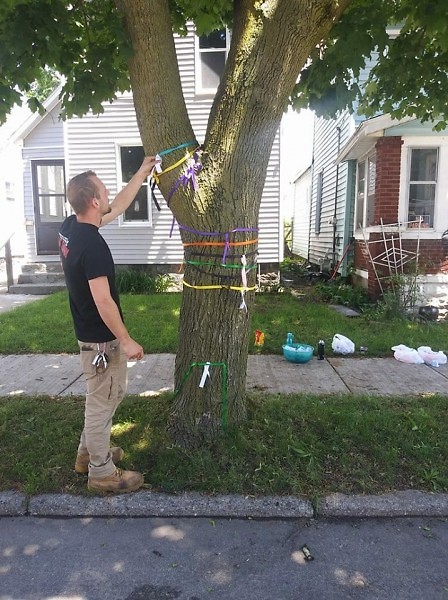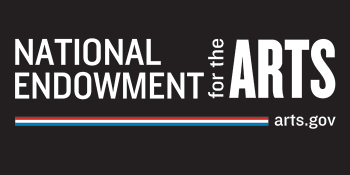A lot has happened since cousins Shane Smith and Jammie Danner began talking with former neighbors in southwest Grand Rapids about why so many of their loved ones were getting cancer. Since bringing their group's conversations to the public on a We are Westsiders Facebook post and an article on this concern, they've been in contact with several city commissioners, a county commissioner, the Kent County Health Department and the Environmental Protection Agency (EPA), pushing for answers.
The area in question are the streets directly across from the Butterworth Dump, or Site #2, which is an EPA Superfund site.
“We’ve had lots of people come to us with their ailments,” said Shane Smith, who grew up on Indiana Avenue SW. “It been overwhelming,” added his cousin, Jammie Danner. “At first is was, ‘Hey, let’s start putting these names on a list.’”
“We had so many people reach out, we had to stop collecting information,” Smith said.
To gather all the stories of neighbors with cancer in their families, the group has now started a website, West Side Cancer Crisis where they will soon be hosting forms with help from the Kent County Health Department to collect information more methodically.
“We’re trying to collect information on what might be causing it and trying to get the city involved, basically. Trying to further the research to see if there is a cancer cluster over there. It might be coincidental but we ain’t got the resources ourselves to do an actual study,” said Smith.
Smith said, “We’ve had contact with four of the six commissioners over email. Jon O’Connor was not one of the ones that contacted us back. Carol Hennessy, a Kent County Commissioner, reached out to us and got us in contact with the epidemiologist, Brian Hartl from the Kent County Health Department. Her and Ruth Kelly have actually been helping us out a lot.”
They are concentrating on the blocks around Indiana Avenue SW, where they and their families grew up. It is right across the street from the Butterworth Dump, site #2 being a Superfund site capped by the EPA in the 1990’s.
“I honestly think that the soil needs to be tested over there. A lot of people have been telling us that it needs to be tested. I don’t know if there’s anybody that would be able to test it. Is it the health department, the fire department, the city? Right now we’re trying to contact more people with more resources than what’s we’ve got and trying to get to the bottom of what’s going on,” said Smith.
Brian Hartl, Epidemiology Supervisor at the Kent County Health Department said, “I’m trying to gather data more systematically. To help them collect a more complete set of data, with forms in both paper and online.”
Hartl noted he’d been working with Smith on a couple drafts of the forms to make sure the questions were easy for respondents to answer.
“We don’t know what types of chemicals are of concern in that situation. And we need to know what types of cancer. Different types of cancer have different types of etiologies or causes," added Hartl. He also cautioned, “There’s a lot of other components to cancer, so there’s challenges to linking cancer to environmental exposures, including length of time of exposure to cancer causing agents, when they are diagnosed and lifestyle factors.”
On Sunday, June 3, 2018 several people from the Westside Cancer Crisis group hung ribbons in various colors representing different cancers on trees along Indiana Avenue SW in honor of their loved ones. Today, Tuesday, June 5, 2018 they plan to attend the Grand Rapids City Commission meeting and share their concerns publicly.
Now that the group’s website is up, Smith says to keep an eye out for the forms coming from the Kent County Health Department. If access to a computer or the internet is an issue, call Shane Smith at (616) 323-5706 and he will mail out a paper form.
The Rapidian, a program of the 501(c)3 nonprofit Community Media Center, relies on the community’s support to help cover the cost of training reporters and publishing content.
We need your help.
If each of our readers and content creators who values this community platform help support its creation and maintenance, The Rapidian can continue to educate and facilitate a conversation around issues for years to come.
Please support The Rapidian and make a contribution today.

